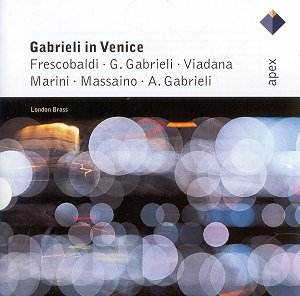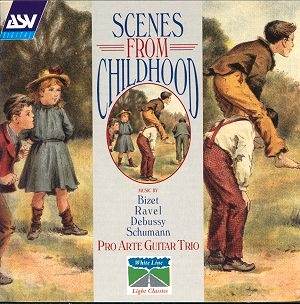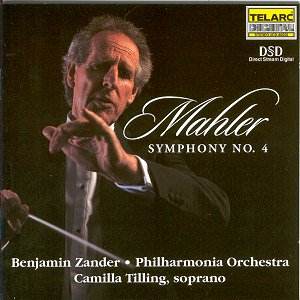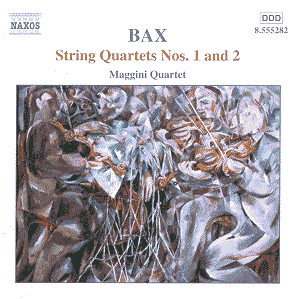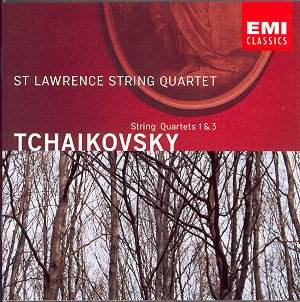 Composer: Pyotr Ilyich Tchaikovsky
Composer: Pyotr Ilyich Tchaikovsky
Works: String Quartet No. 1 in D major, Opus 11; String Quartet No. 3 in E flat minor, Opus 30
Performers: St Lawrence String Quartet
Recording: Rec 20-16 April 2001, The Metropolitan Tabernacle, Vancouver
Label: EMI CLASSICS CDC5 57144
Tchaikovsky’s string quartets, though often overshadowed by his orchestral masterpieces, reveal a deeply introspective side of the composer, reflecting both his emotional tumult and his mastery of chamber music. The String Quartet No. 1 in D major, Opus 11, completed in 1871, showcases early signs of the composer’s lyrical genius, while the String Quartet No. 3 in E flat minor, Opus 30, written in 1890, presents a more mature and tragic voice. The St Lawrence String Quartet’s recent recording lends fresh insight into these works, balancing Tchaikovsky’s exuberance with his inherent melancholy.
The performers exhibit a commendable understanding of Tchaikovsky’s nuanced style, delivering the D major quartet with a blend of vivacity and introspection. The opening movement, marked Allegro, is characterized by its buoyant themes; however, the St Lawrence Quartet’s interpretation brings forth a bittersweet undercurrent, especially in the transitions where the modulating harmonies evoke a sense of yearning. The Andante cantabile, arguably the most famous movement, is rendered with a lyrical beauty that captures the essence of Tchaikovsky’s melodic invention. Yet, the recording’s slight imbalance, with a forward projection of the cello, adds a unique interpretive layer, emphasizing the instrument’s rich sonority against the more delicate textures of the violins and viola.
In contrast, the Third Quartet is a profound exploration of grief, and the St Lawrence players navigate its emotional landscape with technical prowess and expressive depth. The lengthy first movement demands a sustained intensity, which they supply through dynamic contrasts and rhythmic precision. The subsequent Allegro vivo serves as a momentary respite, its brisk tempo and playful demeanor contrasting sharply with the preceding weight. Here, the ensemble’s ability to maintain clarity amidst the rapid passages is commendable, reflecting a thorough understanding of Tchaikovsky’s contrasting moods. The somber character of the third movement effectively recaptures the tragic intensity, culminating in a finale that strives for resolution from despair, marked by Tchaikovsky’s indication of ‘risoluto’. The St Lawrence Quartet delivers this with conviction, balancing the tension and release that is so characteristic of the composer’s late style.
Sound quality plays a pivotal role in this recording, with the engineering capturing the warmth and resonance of the string instruments. The recording environment at The Metropolitan Tabernacle contributes to a natural sound that enhances the quartet’s intricate interplay. While the Borodin Quartet’s interpretation remains a benchmark in the repertoire, the St Lawrence Quartet’s offering stands out for its thoughtful execution and emotional honesty, inviting listeners to engage deeply with Tchaikovsky’s complex emotional palette.
This recording serves as a testament to Tchaikovsky’s enduring legacy as a composer of chamber music. The St Lawrence String Quartet’s performances are imbued with a sense of exploration and commitment, successfully illuminating the rich textures and emotional depths of the works. Each movement unfolds with clarity and nuance, making this disc a significant addition to the recorded legacy of Tchaikovsky’s string quartets. The balance of technical skill and interpretative insight provided by the St Lawrence Quartet ensures that this recording will resonate with both seasoned listeners and newcomers alike.
